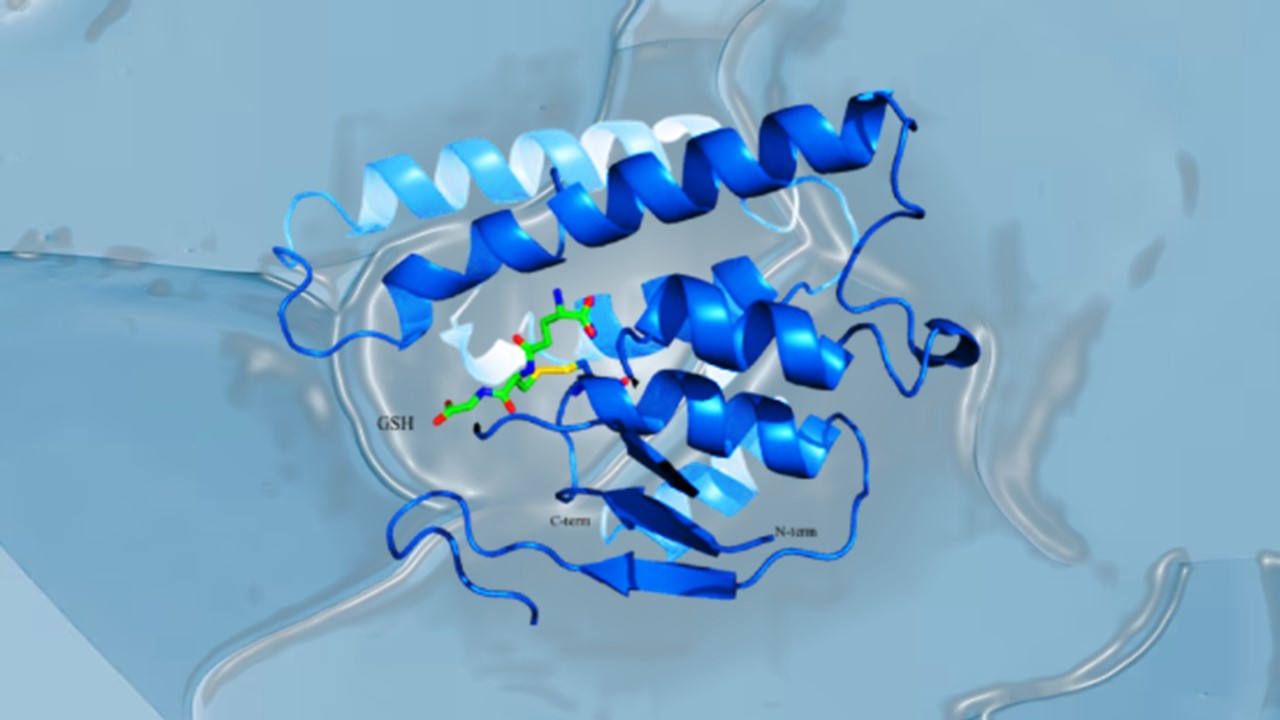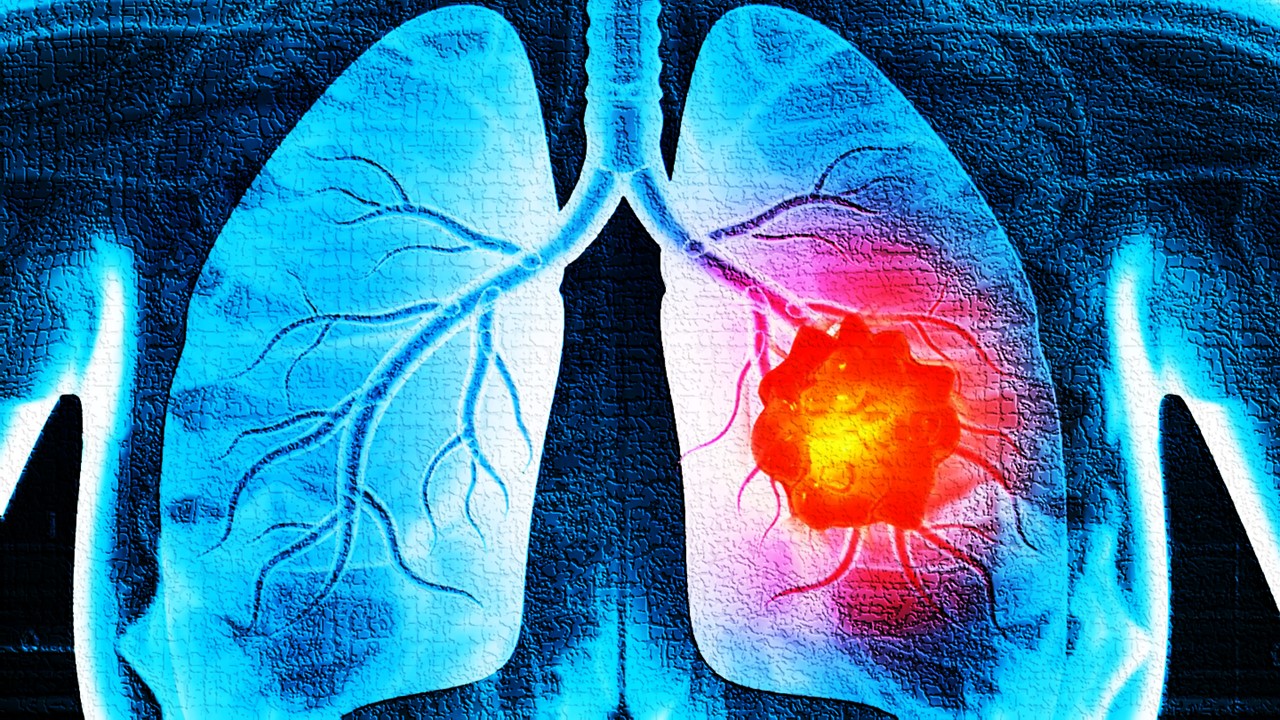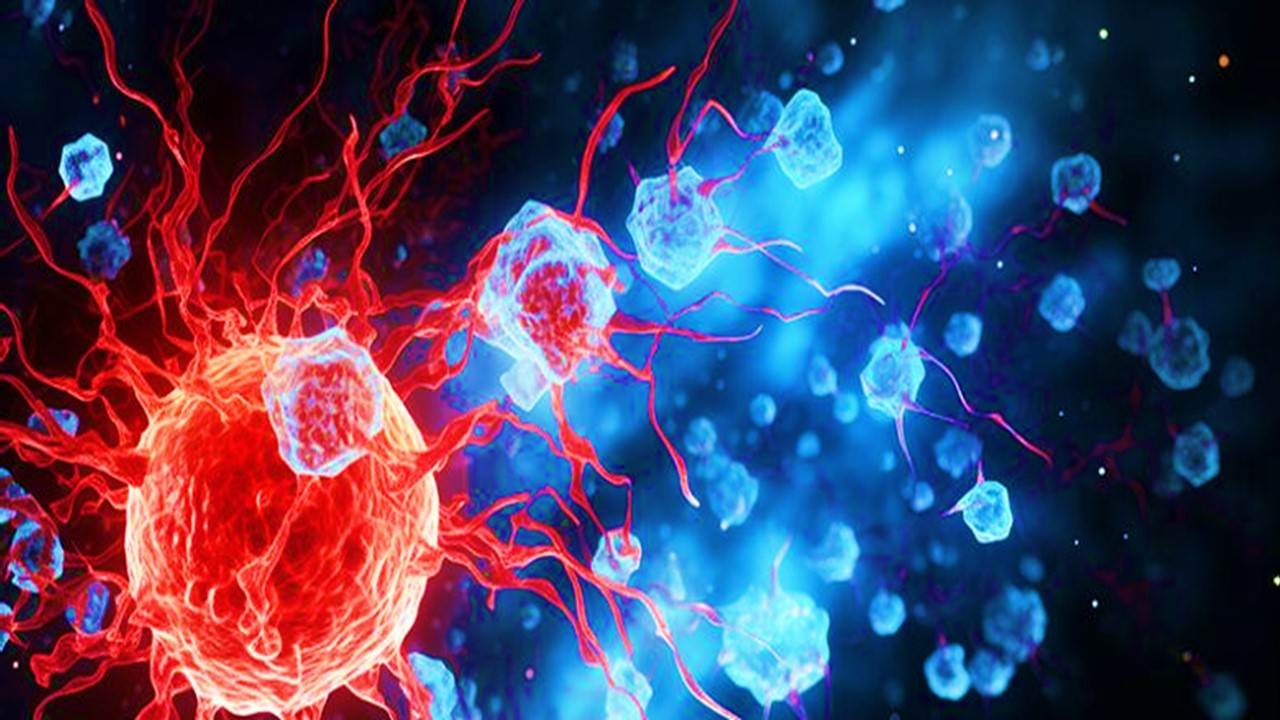Cellular and gene therapies (CGT) have emerged as groundbreaking approaches with tremendous potential for immune reconstitution. These cutting-edge advancements, including CAR-T cell therapy and gene editing technologies, hold the promise to revolutionize the field of immunology. By harnessing the power of genetically modified cells and precise manipulation of genes, CGT opens new avenues for enhancing immune function, overcoming immune deficiencies, and combating a range of diseases. A comprehensive exploration of the intricate cellular and molecular mechanisms underlying CGT reveals the remarkable complexity and transformative potential of these therapies.
CAR-T Cell Therapy: Enhancing Immune Function through Genetic Engineering
CAR-T cell therapy represents a remarkable breakthrough in CGT. It involves the genetic engineering of a patient’s own T cells to express chimeric antigen receptors (CARs), which are synthetic receptors designed to recognize and target specific antigens present on cancer cells. The process begins with the isolation of patients’ T cells, followed by their modification to express CARs, and subsequent re-infusion into the patient. CAR-T cells, armed with the ability to recognize tumor-specific antigens, effectively target and eliminate cancer cells.
Clinical Efficacy of CAR-T Cell Therapy: Transformative Results in Hematological Malignancies
CAR-T cell therapy has demonstrated remarkable clinical efficacy, particularly in hematological malignancies such as acute lymphoblastic leukemia and diffuse large B-cell lymphoma. The genetic modification of T cells with CARs empowers them with enhanced tumor recognition capabilities, bypassing traditional antigen presentation pathways. Upon encountering target antigens, CAR-T cells undergo robust activation, expansion, and cytotoxic activity against cancer cells, leading to immune reconstitution and durable remissions.
Gene Editing Technologies: Precise Manipulation of Genes for Immune Reconstitution
Gene editing technologies, such as CRISPR-Cas9, have also revolutionized the field of CGT by enabling precise modification of specific genes in cells. CRISPR-Cas9 utilizes a guide RNA to direct the Cas9 enzyme to a specific DNA target, allowing for precise genetic modifications. This technology offers unprecedented opportunities to correct genetic defects, enhance immune cell functions, and manipulate immune responses.
Gene editing holds great promise for immune reconstitution in various contexts. For example, in primary immunodeficiencies, where genetic mutations compromise the functioning of immune cells, gene editing can be employed to correct these defects. By precisely modifying the genetic aberrations responsible for immunodeficiencies, gene editing technologies have the potential to restore immune cell functions, improve immune reconstitution, and provide long-lasting therapeutic benefits.
Moreover, gene editing technologies offer the ability to engineer immune cells with enhanced functionalities. For instance, researchers have explored the modification of T cells to enhance their tumor recognition capabilities and improve anti-tumor immune responses. By precisely manipulating genes involved in T cell receptor signaling or immune checkpoint molecules, it is possible to enhance T cell activation, proliferation, and persistence within the tumor microenvironment. These modifications have the potential to further optimize CAR-T cell therapies and augment immune reconstitution in the context of cancer immunotherapy.
Other Cellular and Gene Therapies for Immune Reconstitution
In addition to CAR-T cell therapy and gene editing, other CGT approaches are being explored for immune reconstitution. These include the use of genetically modified stem cells, such as hematopoietic stem cells, to restore immune cell populations in conditions like severe combined immunodeficiency (SCID). The ex vivo modification of stem cells with corrective genes or gene editing technologies offers the potential to restore immune function and achieve long-term immune reconstitution.
Challenges and Ethical Considerations in Cellular and Gene Therapies
Despite the immense promise of CGT, challenges and ethical considerations persist. The optimization of gene delivery methods, ensuring precise gene editing with minimal off-target effects, and addressing potential immune responses against genetically modified cells are ongoing areas of research. Ethical considerations regarding the use of gene editing technologies and the potential for unintended consequences necessitate careful evaluation and regulation.
In conclusion, cellular and gene therapies have the potential to revolutionize immune reconstitution and transform the field of immunology. Advancements in CGT, such as CAR-T cell therapy and gene editing technologies, provide unprecedented opportunities to enhance immune function, correct genetic defects, and modulate immune responses. The remarkable complexity of the cellular and molecular mechanisms underlying CGT continues to be unraveled, fueling ongoing research efforts and driving the development of transformative therapies. By harnessing the power of genetically modified cells and precise manipulation of genes, CGT offers tremendous potential for immune reconstitution and holds promise for the future of immunology.
Engr. Dex Marco Tiu Guibelondo, BS Pharm, RPh, BS CpE
Subscribe
to get our
LATEST NEWS
Related Posts

Immunology & Oncology
The Silent Guardian: How GAS1 Shapes the Landscape of Metastatic Melanoma
GAS1’s discovery represents a beacon of hope in the fight against metastatic disease.

Immunology & Oncology
Resistance Mechanisms Unveiled: The Role of Glutathione S-Transferase in Cancer Therapy Failures
Understanding this dual role of GSTs as both protectors and accomplices to malignancies is central to tackling drug resistance.
Read More Articles
Myosin’s Molecular Toggle: How Dimerization of the Globular Tail Domain Controls the Motor Function of Myo5a
Myo5a exists in either an inhibited, triangulated rest or an extended, motile activation, each conformation dictated by the interplay between the GTD and its surroundings.
Designing Better Sugar Stoppers: Engineering Selective α-Glucosidase Inhibitors via Fragment-Based Dynamic Chemistry
One of the most pressing challenges in anti-diabetic therapy is reducing the unpleasant and often debilitating gastrointestinal side effects that accompany α-amylase inhibition.













